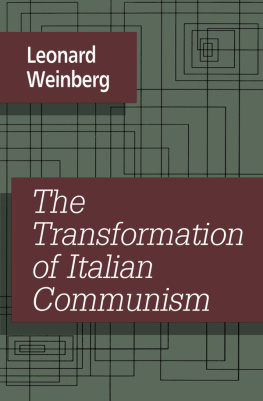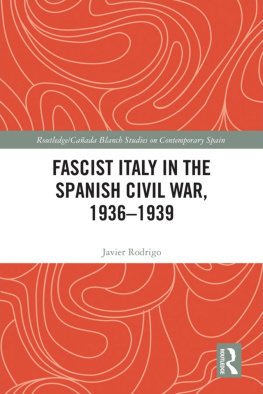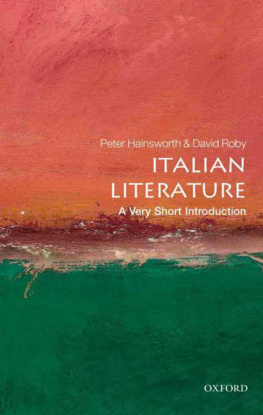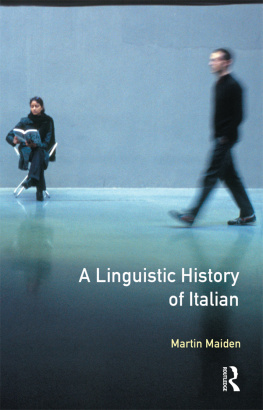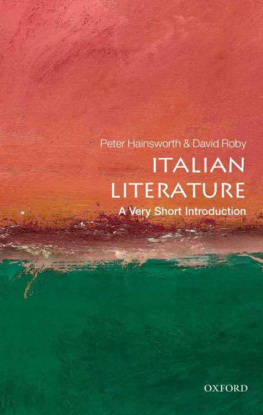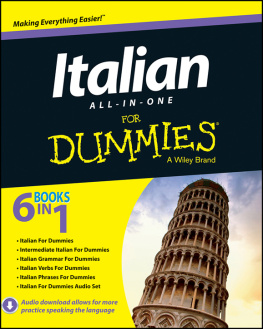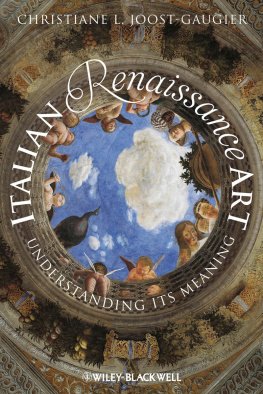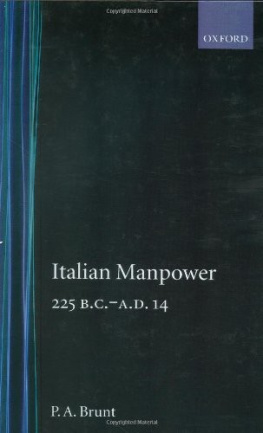
Italian Merchants in the Early-Modern Spanish Monarchy
Italian businessmen played a key role in both international trade and finance from the Middle Ages until the first decades of the seventeenth century. While the peak of their influence within and beyond Europe has been thoroughly examined by historians, the way in which merchants from the Italian peninsula reacted and adapted themselves to the emergence of greater commercial and financial powers is mostly overlooked. This collection, based on a vast variety of primary sources, seeks to explore the persisting presence of Florentine, Genoese and Milanese intermediaries in some key hubs of the Spanish monarchy (such as Seville, Cadiz, Madrid and Naples) as well as in eighteenth-century Lisbon. The resilience of powerless merchant nations from the Italian Peninsula in the face of increasing competition in long-distance trade is deconstructed by analyzing the merchants relational dimension and the formal institutional resources they found in the host societies. By offering new insights into the mechanisms of circulation of men, goods and capital throughout the Iberian world, this book will contribute to better assess the polycentric nature of the Spanish monarchy and, more generally, the complex system of commercial exchanges in the age of the first globalization. This book was originally published as a special issue of the European Review of History: Revue europenne dhistoire.
Catia Brilli is a research fellow at the University of Milan, Italy, and honorary researcher at the University of Seville, Spain. She also works in collaboration with the Bocconi University of Milan.
Manuel Herrero Snchez is an Associate Professor of Early Modern History at Pablo de Olavide University in Seville, Spain, and the principal investigator of the research project on the polycentric model of shared sovereignty (sixteentheighteenth century) and an alternative route in constructing the modern state.
Italian Merchants in the Early-Modern Spanish Monarchy
Business Relations, Identities and Political Resources
Edited by
Catia Brilli and Manuel Herrero Snchez
First published 2017
by Routledge
2 Park Square, Milton Park, Abingdon, Oxon, OX14 4RN, UK
and by Routledge
711 Third Avenue, New York, NY 10017, USA
Routledge is an imprint of the Taylor & Francis Group, an informa business
2017 Taylor & Francis
All rights reserved. No part of this book may be reprinted or reproduced or utilised in any form or by any electronic, mechanical, or other means, now known or hereafter invented, including photocopying and recording, or in any information storage or retrieval system, without permission in writing from the publishers.
Trademark notice: Product or corporate names may be trademarks or registered trademarks, and are used only for identification and explanation without intent to infringe.
British Library Cataloguing in Publication Data
A catalogue record for this book is available from the British Library
ISBN 13: 978-1-138-71771-8
Typeset in MinionPro
by diacriTech, Chennai
Publishers Note
The publisher accepts responsibility for any inconsistencies that may have arisen during the conversion of this book from journal articles to book chapters, namely the possible inclusion of journal terminology.
Disclaimer
Every effort has been made to contact copyright holders for their permission to reprint material in this book. The publishers would be grateful to hear from any copyright holder who is not here acknowledged and will undertake to rectify any errors or omissions in future editions of this book.
Contents
Manuel Herrero Snchez
Angela Orlandi
Yasmina Roco Ben Yessef Garfia
Felipe Gaitn Ammann
Klemens Kaps
Catia Brilli
The chapters in this book were originally published in the European Review of History, volume 23, issue 3 (June 2016). When citing this material, please use the original page numbering for each article, as follows:
The business relations, identities and political resources of Italian merchants in the early-modern Spanish monarchy: some introductory remarks
Manuel Herrero Snchez
European Review of History, volume 23, issue 3 (June 2016) pp. 335346
Tuscan merchants in Andalusia: a historiographical debate
Angela Orlandi
European Review of History, volume 23, issue 3 (June 2016) pp. 347366
A Genoese merchant and banker in the Kingdom of Naples: Ottavio Serra and his business network in the Spanish polycentric system, c.15901620
Yasmina Roco Ben Yessef Garfia
European Review of History, volume 23, issue 3 (June 2016) pp. 367399
Looking through the mirrors: materiality and intimacy at Domenico Grillos mansion in Baroque Madrid
Felipe Gaitn Ammann
European Review of History, volume 23, issue 3 (June 2016) pp. 400426
Small but powerful: networking strategies and the trade business of Habsburg-Italian merchants in Cadiz in the second half of the eighteenth century
Klemens Kaps
European Review of History, volume 23, issue 3 (June 2016) pp. 427455
Coping with Iberian monopolies: Genoese trade networks and formal institutions in Spain and Portugal during the second half of the eighteenth century
Catia Brilli
European Review of History, volume 23, issue 3 (June 2016) pp. 456485
For any permission-related enquiries please visit:
http://www.tandfonline.com/page/help/permissions
Felipe Gaitn Ammann received his PhD in Anthropology from Columbia University in 2012, and is a research affiliate in the Department of Anthropology at the University of Chicago. He specializes in the historical archaeology of the former Spanish colonies in the New World and currently directs the San Ignacio Church archaeological project in the historical district of Bogot, Colombia. He is the author of A Life on Broken China: Figuring Senses of Capitalism in Late Nineteenth-Century Bogot (2011), and Besieged Genoese: An Archaeological Glimpse of the Slave Trade in Late-Seventeenth-Century Panama published in Historical Archaeology (2012).
Yasmina Roco Ben Yessef Garfia received her PhD in History from the Pablo de Olavide University, Seville, Spain. She was a research fellow at the Institute Benedetto Croce in Naples and was granted a fellowship from the Foundation Banco di Napoli. She held a post-doctoral position at the Societ Napoletana di Storia Patria and currently works as post-doctoral researcher at the University Federico II of Naples.
Catia Brilli is a research fellow at the University of Milan, Italy, and honorary researcher at the University of Seville, Spain. She also works in collaboration with the Bocconi University of Milan. She is the author of Genoese Trade and Migration in the Spanish Atlantic (17001830), New York, Cambridge University Press (2016). At present, she participates in a research project on the economic role of the Milanese nobility during the nineteenth century.
Manuel Herrero Snchez is an Associate Professor of Early Modern History at Pablo de Olavide University, Seville, Spain, and the principal investigator of the research project on the polycentric model of shared sovereignty (sixteentheighteenth century) and an alternative route in constructing of the modern state.


